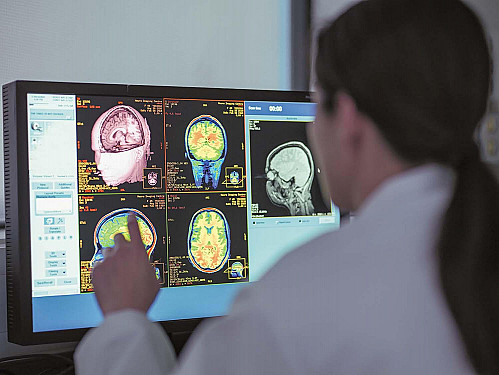Magnesium-rich foods might boost brain health, especially in women
Research we're watching
- Reviewed by Toni Golen, MD, Editor in Chief, Harvard Women's Health Watch; Editorial Advisory Board Member, Harvard Health Publishing; Contributor

Eating more magnesium-rich foods is linked with better brain health as we age — especially in women — potentially lowering the risk of dementia, a new analysis suggests.
The study, published online March 10, 2023, by the European Journal of Nutrition, involved more than 6,000 adults ages 40 through 73 in the United Kingdom. Participants completed an online questionnaire five times over 16 months, which researchers used to calculate their average daily magnesium intake based on how much participants ate of 200 specific foods. These included magnesium-rich choices such as leafy green vegetables, legumes, seeds, nuts, and whole grains. MRI imaging measured participants' brain volumes. People whose diets included more than 550 milligrams (mg) of magnesium each day had higher brain volumes — which researchers equated with a brain age approximately one year younger by age 55 — than participants who consumed about 350 mg of magnesium daily. These effects were greater in women compared with men.
Less age-related brain shrinkage is associated with better brain function and a lower risk of dementia in later life, the researchers said.
Image: © monticelllo/Getty Images
About the Author

Maureen Salamon, Executive Editor, Harvard Women's Health Watch
About the Reviewer

Toni Golen, MD, Editor in Chief, Harvard Women's Health Watch; Editorial Advisory Board Member, Harvard Health Publishing; Contributor
Disclaimer:
As a service to our readers, Harvard Health Publishing provides access to our library of archived content. Please note the date of last review or update on all articles.
No content on this site, regardless of date, should ever be used as a substitute for direct medical advice from your doctor or other qualified clinician.
















